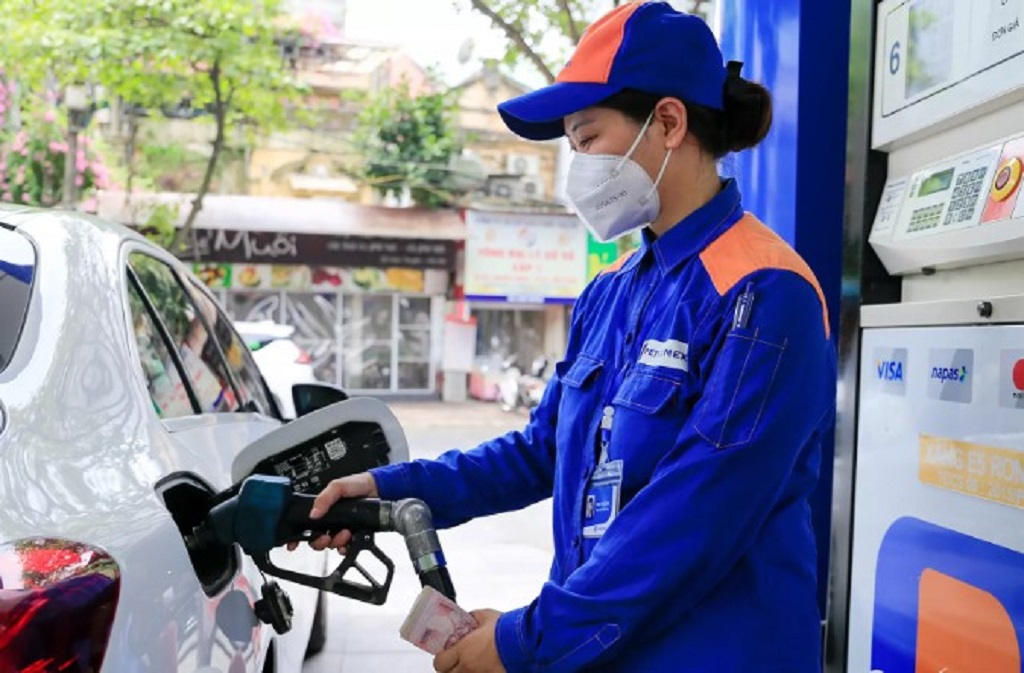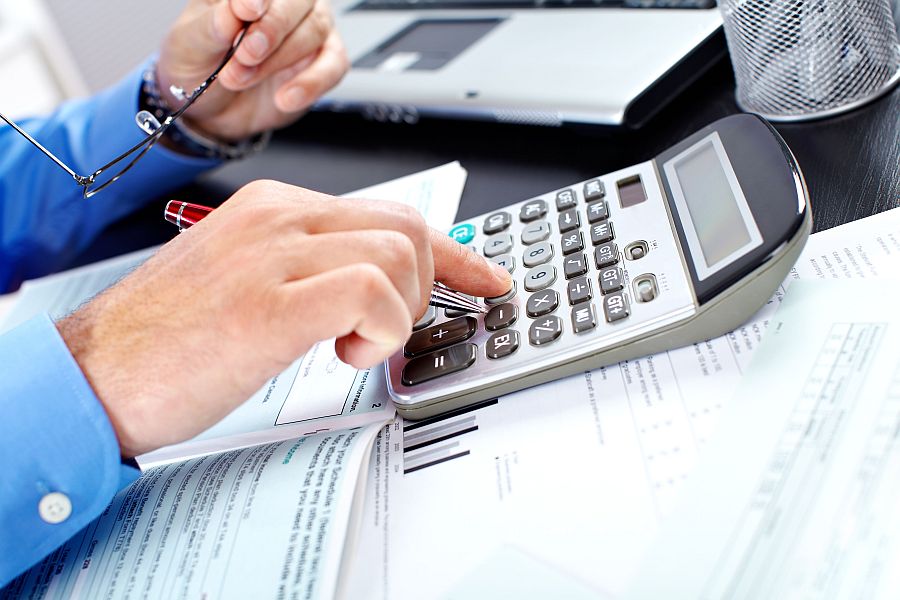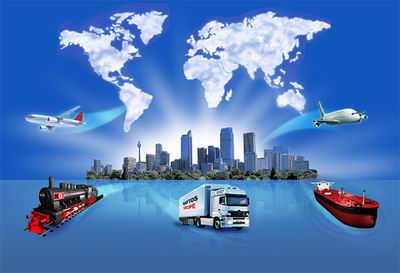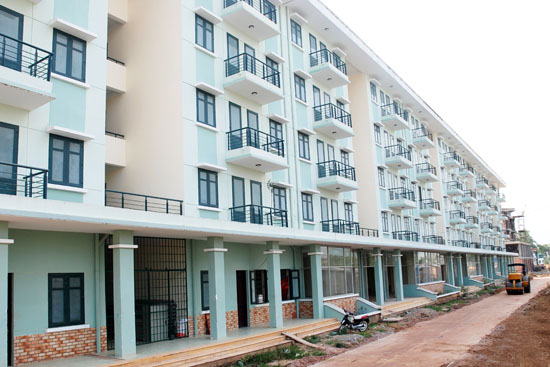What are the regulations on the tax declaration and payment of environmental protection tax on gasoline in Vietnam? - Hoang Thuy (Tien Giang, Vietnam)

Tax declaration and payment of environmental protection tax on gasoline in Vietnam (Internet image)
Regarding this issue, LawNet would like to answer as follows:
1. Gasoline is subject to environmental protection tax in Vietnam
According to Article 3 of the Law on Environmental Protection Tax 2010, the subjects subject to environmental protection tax are as follows:
- Gasoline, oil, grease, including:
= Gasoline, except ethanol;
= Aircraft fuel;
= Diesel oil;
= Petroleum;
= Fuel oil;
= lubricants;
= Grease.
- Coal, including:
= Lignite;
= Anthracite Coal (anthracite);
= Fat coal;
= Other coal.
- Hydrogen-chlorofluorocarbon liquid (HCFC).
- Taxable-plastic bag.
- Herbicide which is restricted from use.
- Pesticide which is restricted from use.
- Forest product preservative which is restricted from use.
- Warehouse disinfectant which is restricted from use.
- When it is necessary to supplement other taxable objects as per period, the National Assembly Standing Committee shall consider and regulate.
Thus, gasoline is subject to environmental protection tax.
2. Tax declaration and payment of environmental protection tax on gasoline in Vietnam
Tax declaration and payment of environmental protection tax on gasoline in Vietnam according to Point 2.2, Clause 2, Article 7 of Circular 152/2011/TT-BTC (amended in Circular 159/2012/TT-BTC) are as follows:
Principal petrol and oil traders shall register, declare and remit environmental protection tax into the state budget at tax offices in localities in which they declare and pay value-added tax, specifically as follows:
- Principal petrol and oil traders that directly import, produce and process petrol and oil (collectively referred to as principal units) shall declare and pay tax in localities in which they are headquartered for the quantity of petrol and oil they directly sell, including the quantity of petrol and oil sold for use for internal consumption, sold for exchange for other products and goods, sold for return of goods imported under entrustment, or sold to other organizations and individuals outside the system of principal units (even enterprises in which principal traders hold 50% shares or less), except the quantity of petrol and oil sold and imported under entrustment to other principal petrol and oil traders.
- Independent cost-accounting member units attached to principal units; branches attached to principal units; joint-stock companies whose dominating shares (over 50% of shares) are held by principal units or branches attached to the above member units or joint-stock, companies (collectively referred to as member units) shall declare and pay tax in localities in which member units are headquartered for the quantity of petrol and oil sold by member units to other organizations and individuals outside the system.
- Other organizations directly importing, producing and processing petrol and oil shall declare and pay tax at tax offices in localities in which they declare and pay value-added tax when selling petrol and oil.
- For petrol and oil used as raw materials for mixing bio-petrol for which environmental protection tax has not yet been declared and paid, when selling bio-petrol, sellers shall declare and pay environmental protection tax under regulations.
- For the petrol, oil, and grease imported for other purposes than for sale; the lubricating oil and grease packed separately that are imported together with accessories or parts of airplanes, or with machinery and equipment, the tax payer must make and declaration pay environment protection tax to the customs.
- For the petrol and oil that are exported or sold according to the invoices, the tax payer must make declaration and may environment protection tax according to such invoices.
Quoc Dat
 Article table of contents
Article table of contents





.Medium.png)
.Medium.png)
.Medium.png)
.Medium.png)
